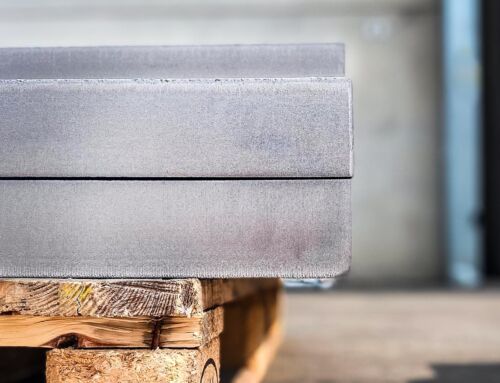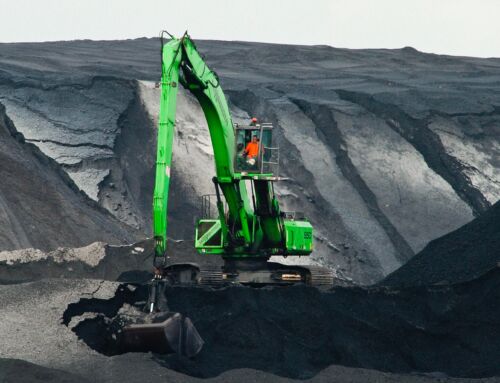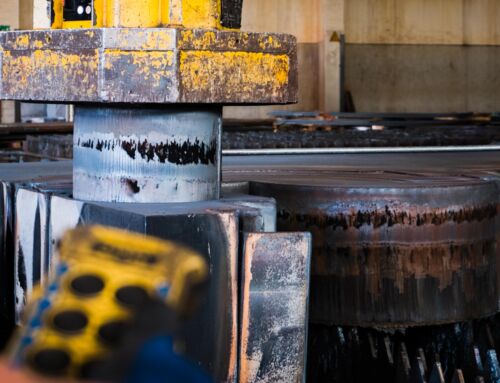Sidertaglio Lamiere boasts nearly 40 years of experience in the marketing and processing of flat steel products. In metallurgy, the term “flat product” refers to train sheets and coil plates, which are obtained through a combination of chemical composition, mechanical processes, and thermal treatment technology.
Production process of train sheets and coil plates
The semi-finished product obtained from continuous casting, known as slab, is reduced in thickness by passing between two opposing cylinders in a plant called a rolling mill. These rotating cylinders shape the slab to the desired thickness. There are two types of rolling: reversible and irreversible. In the reversible process, the slab moves back and forth between the cylinders, gradually reducing in thickness. In the irreversible process, the movement is continuous in one direction, producing the coil plates, which are then rolled into coils.
Cold rolling for thin finishes
In addition to hot rolling, there is also cold rolling, which is carried out without heating the slab. The hot-rolled coil is further thinned, reaching thicknesses of tenths of a millimeter. In summary, coil plates are thin, while train plates can reach thicknesses of many centimeters. Rolling is a crucial step in the production of finished products, followed by thermal treatment technology to modify the internal structure of the plate and obtain different types of products for various uses.
Types of steel and applications
Thanks to different chemical compositions and thermal treatments, steel mills can produce various types of steel, including:
- Structural steel: Used for machinery, infrastructure, and equipment.
- Hull steel: For shipbuilding.
- Alloyed and unalloyed steel: For pressure vessels and low-temperature applications.
- High yield strength steel: Ideal for cranes and elastic structures.
- Wear-resistant steel: Used in dumper bins and excavator buckets.
- Weathering steel: For forced pipelines.
- Cold formable and fine blanking steel
- Stainless and alloyed steel: For plastic molds and aluminum die casting.
- Automotive steel: For car manufacturing.
The magic of steel: the union of chemistry, mechanics, and thermal treatments
It’s important to remember that steel does not exist in nature: it is iron, combined with carbon and other chemical elements, that provides us with an infinite range of products, including train sheets, allowing us to create extraordinary works. Steel production is based on three fundamental pillars: chemistry, mechanics, and thermal treatments, which we will explore in upcoming articles.
Learn more about our services and contact us for free quotes on high-quality flat steel products, including train sheets.







